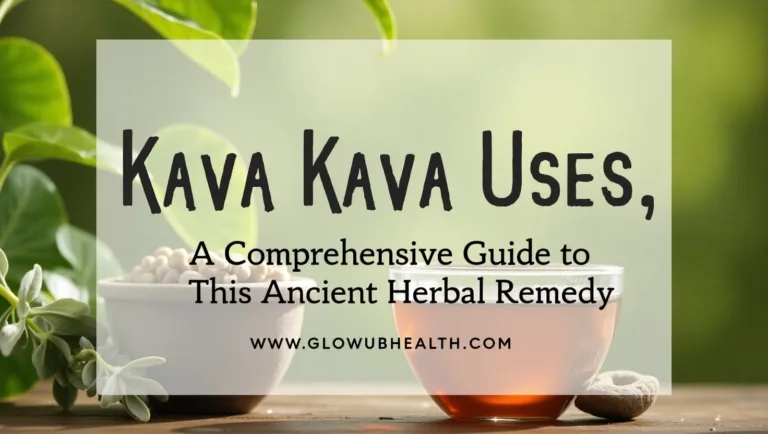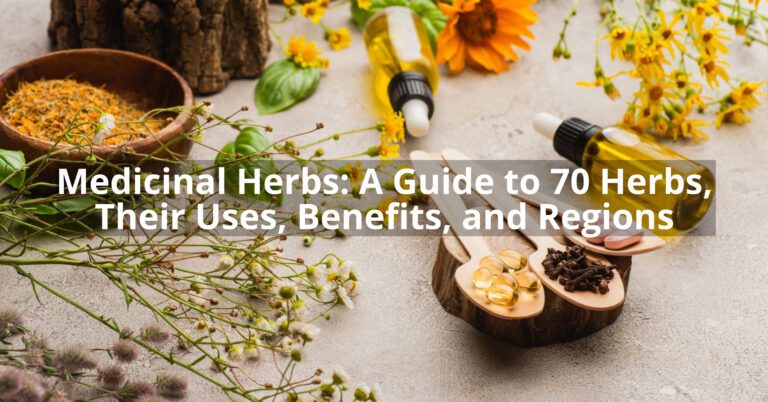Herbal Remedies : 10 Effective Ways to Boost Your Immune System Naturally
In an age where health and wellness are paramount, especially as we face increasing environmental stressors and a rising incidence of chronic diseases, maintaining a robust immune system is essential.
While modern medicine offers various solutions, many individuals are seeking natural alternatives to enhance their health.
Herbal remedies have been used for centuries across different cultures, providing a holistic approach to strengthening the immune system.
This comprehensive guide explores ten effective herbal remedies that can bolster your immune system naturally, backed by scientific research, expert insights, and practical advice for incorporation into your daily life.
This content is for informational purposes only and does not constitute medical advice. Always consult a qualified healthcare provider before using herbal remedies, especially if you are taking medications, have a medical condition, or are pregnant or breastfeeding.
Introduction
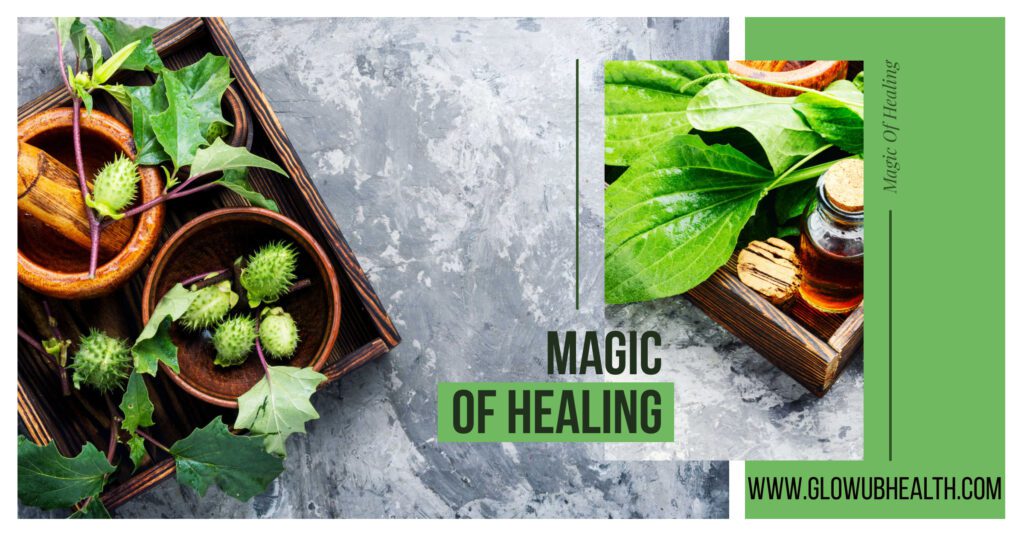
The quest for optimal health has led many to explore the benefits of herbal remedies. These natural solutions not only serve as alternatives to pharmaceutical drugs but also offer a holistic approach to wellness that emphasizes prevention.
Herbal remedies can enhance immune function, support overall health, and help prevent illnesses in a way that is often gentler and more sustainable.
According to the World Health Organization, about 80% of the world’s population relies on herbal medicine for some aspect of primary health care. This statistic underscores the significance of herbal remedies in various cultures and their potential to contribute to health and well-being.
In this article, we will delve into ten specific herbal remedies known for their immune-boosting properties, exploring their mechanisms, benefits, and practical applications.
Understanding the Immune System

To appreciate the role of herbal remedies in enhancing immune health, it’s essential to understand how the immune system functions. The immune system is a complex network of cells, tissues, and organs that work together to protect the body from pathogens such as bacteria, viruses, and parasites.
1) Components of the Immune System
The immune system can be broadly categorized into two components:
Adaptive Immunity: This component develops over time and provides a more targeted response to specific pathogens. It involves lymphocytes (T cells and B cells) that “remember” past infections, allowing for a faster and more effective response upon re-exposure.
Innate Immunity: This is the body’s first line of defense, responding quickly to pathogens. It includes physical barriers like skin and mucous membranes, as well as immune cells such as neutrophils and macrophages that act immediately upon infection.
2) Factors Affecting Immune Function
Several factors can influence the effectiveness of the immune system, including:
- Nutrition: A diet lacking in essential nutrients can weaken immune responses. Vitamins and minerals, particularly vitamins C and D, zinc, and selenium, play critical roles in immune health.
- Exercise: Regular physical activity can enhance immune function by promoting good circulation and reducing inflammation.
- Sleep: Poor sleep quality is associated with impaired immune responses, as sleep is essential for the production of immune cells.
- Stress: Chronic stress can lead to the overproduction of cortisol, which may suppress the immune response.
- Age: Immunity tends to decline with age, making older adults more susceptible to infections.
Given these factors, incorporating herbal remedies as part of a holistic approach to health can provide significant benefits to the immune system.
The Role of Herbal Remedies

Herbal remedies have been used across cultures for millennia to support health and treat various ailments. Many herbs contain bioactive compounds that can help modulate immune responses, fight inflammation, and reduce oxidative stress.
1) Mechanisms of Action
Antimicrobial Properties: Many herbs possess natural antibacterial, antiviral, and antifungal properties, making them effective against various pathogens. For example, garlic and oregano are well-known for their ability to combat harmful microorganisms.
Anti-Inflammatory Effects: Chronic inflammation is a significant contributor to many diseases. Herbal remedies like turmeric and ginger contain compounds that can help reduce inflammation in the body.
Antioxidant Support: Oxidative stress can damage cells and impair immune function. Many herbs, such as green tea and elderberry, are rich in antioxidants that help protect the body from oxidative damage.
2) Research Evidence
Numerous studies support the efficacy of herbal remedies in enhancing immune function. A systematic review published in Current Immunology Reviews highlighted the potential of various herbs in promoting immune health. Additionally, a study in Phytotherapy Research found that Echinacea significantly reduced the incidence and duration of colds.
Top 10 Herbal Remedies for Immune Support
1) Echinacea

Echinacea is one of the most well-researched herbs for immune support. Known for its ability to enhance the production of white blood cells, Echinacea is particularly effective in preventing and reducing the duration of colds and respiratory infections.
Practical Use: Echinacea is available in various forms, including teas, capsules, and tinctures. To use, start taking it at the first sign of illness, following the dosage instructions on the product label.
Mechanism: Echinacea stimulates the activity of immune cells, including macrophages and natural killer cells, which are essential for identifying and eliminating pathogens.
Research Findings: A meta-analysis found that Echinacea can reduce the risk of developing a cold by 58% and shorten its duration by 1.4 days.
2) Elderberry
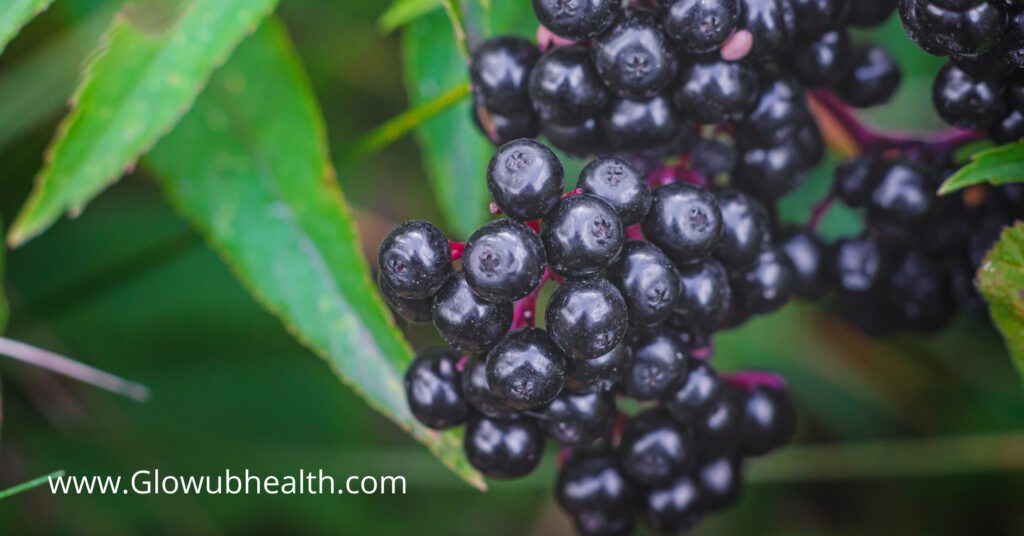
Elderberry has gained popularity in recent years for its potent antiviral properties. The berries are rich in antioxidants, particularly flavonoids, which can help boost immune function.
Practical Use: Elderberry syrup is a popular way to consume this remedy. Take it daily during flu season or at the onset of symptoms to maximize its benefits.
Mechanism: Elderberry inhibits the ability of viruses to penetrate cells and replicate, effectively preventing infection. It also enhances the production of cytokines, which are signaling molecules that help regulate immune responses.
Research Findings: A study published in the Journal of International Medical Research showed that elderberry extract significantly reduced flu symptoms in patients, with noticeable improvements within 24 hours.
3) Astragalus
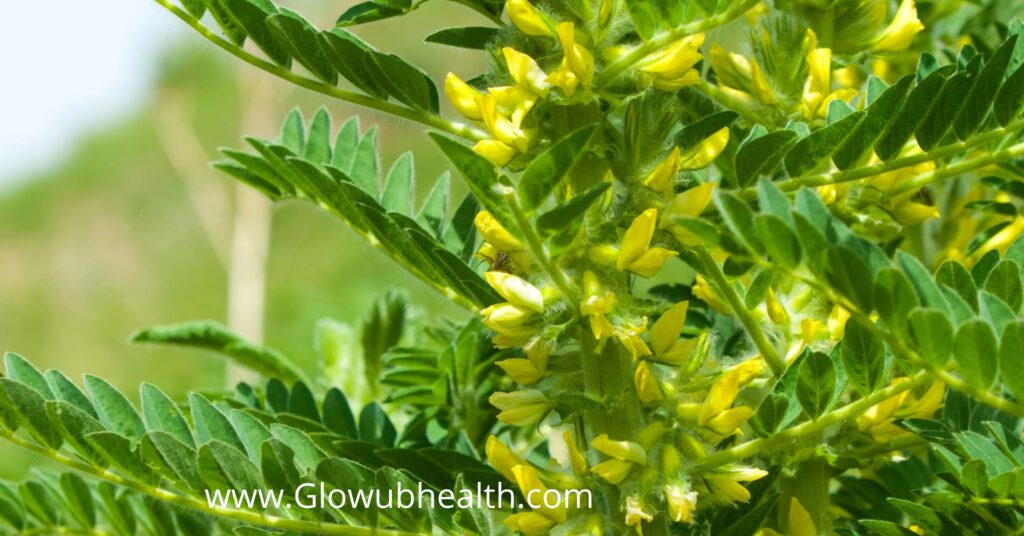
Astragalus is a traditional Chinese herb known for its immune-enhancing properties. It is considered an adaptogen, helping the body cope with stress and enhance resilience.
Practical Use: Astragalus is available in capsule form or as a powder that can be added to soups or teas. It can be used regularly to support immune function.
Mechanism: Astragalus stimulates the production of immune cells and enhances the activity of macrophages, contributing to a more robust immune response.
Research Findings: Studies indicate that Astragalus can increase the production of antibodies, improve immune cell function, and enhance overall immune health.
4) Garlic
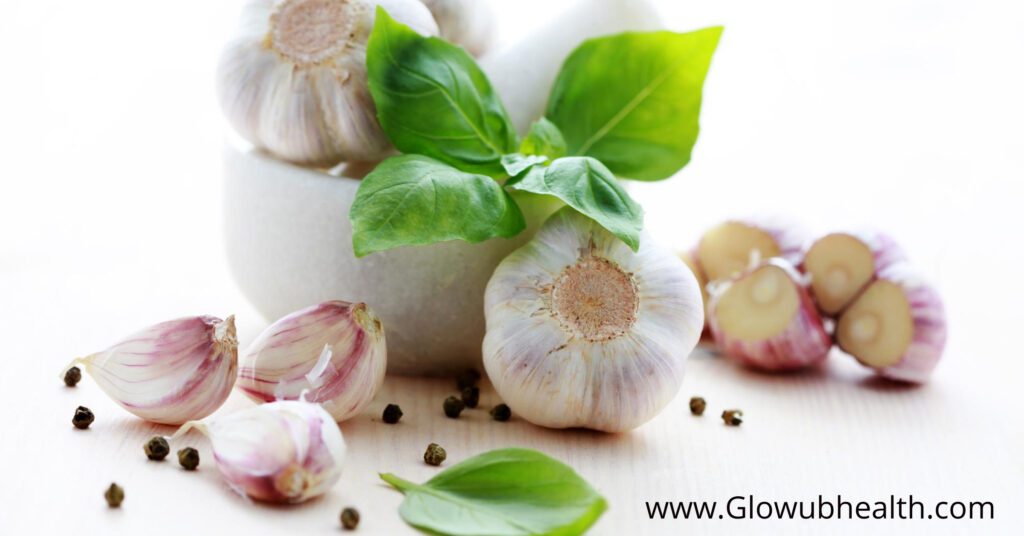
Garlic is not only a culinary staple but also a powerful herbal remedy known for its immune-boosting effects. It contains allicin, a compound with potent antimicrobial properties.
Practical Use: Incorporate raw or cooked garlic into your meals, or consider taking garlic supplements if you dislike the taste.
Mechanism: Garlic enhances the function of immune cells, including T cells and macrophages, and possesses antiviral, antibacterial, and antifungal properties.
Research Findings: A study published in the Journal of Nutrition found that garlic supplementation significantly reduced the incidence of colds in a group of healthy adults.
5) Ginger
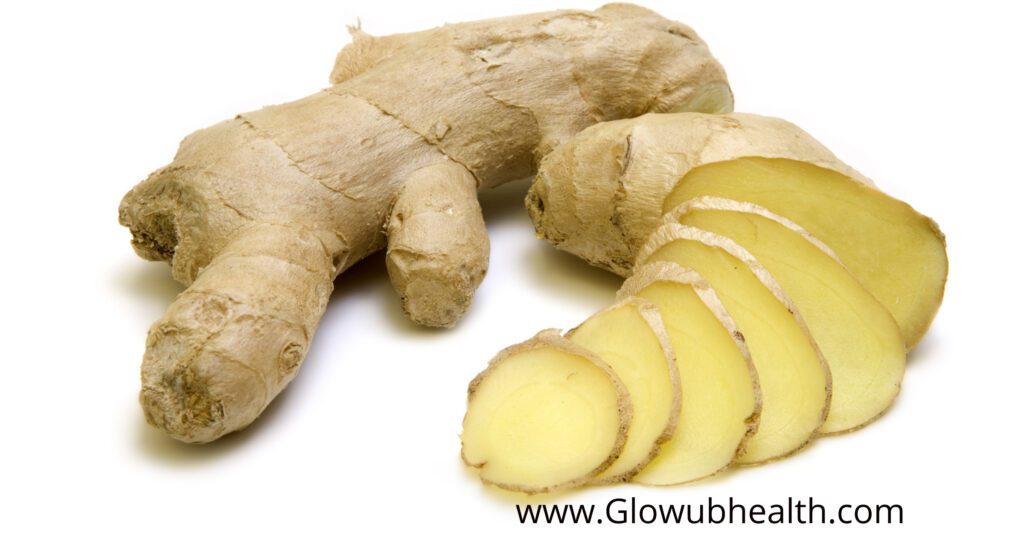
Ginger is a well-known spice with a long history of medicinal use. It is celebrated for its anti-inflammatory and antioxidant effects, making it a valuable ally for immune health.
Practical Use: Ginger can be consumed as a tea, added to smoothies, or used in cooking. Grate fresh ginger into dishes or brew it in hot water for a soothing beverage.
Mechanism: Ginger contains gingerols and shogaols, compounds that exhibit anti-inflammatory properties and help reduce oxidative stress.
Research Findings: A review published in Food & Function highlighted ginger’s potential to enhance immune function and reduce inflammation.
6) Turmeric
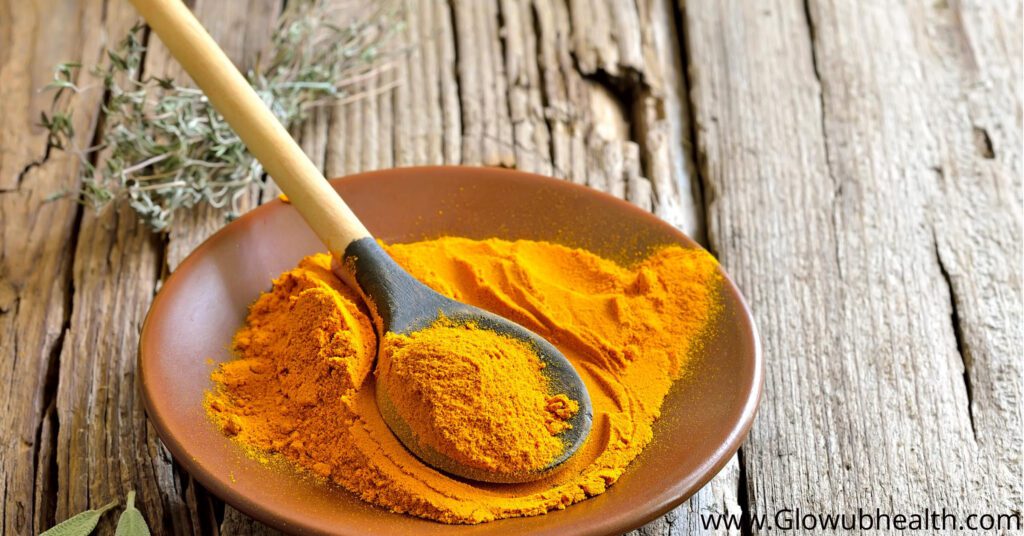
Turmeric is renowned for its active compound, curcumin, which has powerful anti-inflammatory and antioxidant effects. It has been used in traditional medicine to support immune health.
Practical Use: Incorporate turmeric into your cooking, smoothies, or as a tea. For better absorption, pair it with black pepper, which enhances curcumin’s bioavailability.
Mechanism: Curcumin inhibits inflammatory pathways and enhances the production of immune cells, contributing to overall immune resilience.
Research Findings: A study published in The Journal of Alternative and Complementary Medicine found that curcumin supplementation improved immune responses in participants.
7) Green Tea
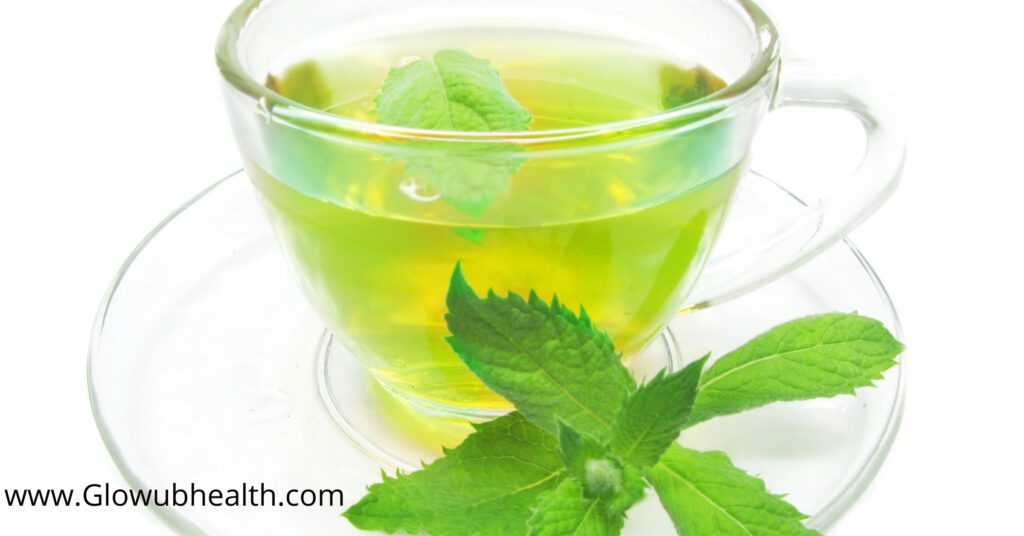
Green tea is rich in polyphenols, particularly catechins, which possess strong antioxidant properties. It is well-known for its numerous health benefits, including immune support.
Practical Use: Brew green tea daily, allowing it to steep for several minutes to maximize the extraction of beneficial compounds. Aim for 2–3 cups per day for optimal health benefits.
Mechanism: The catechins in green tea can enhance the activity of immune cells and provide protective effects against infections.
Research Findings: A study published in Nutrients indicated that regular consumption of green tea is associated with improved immune function and reduced risk of infections.
8) Oregano
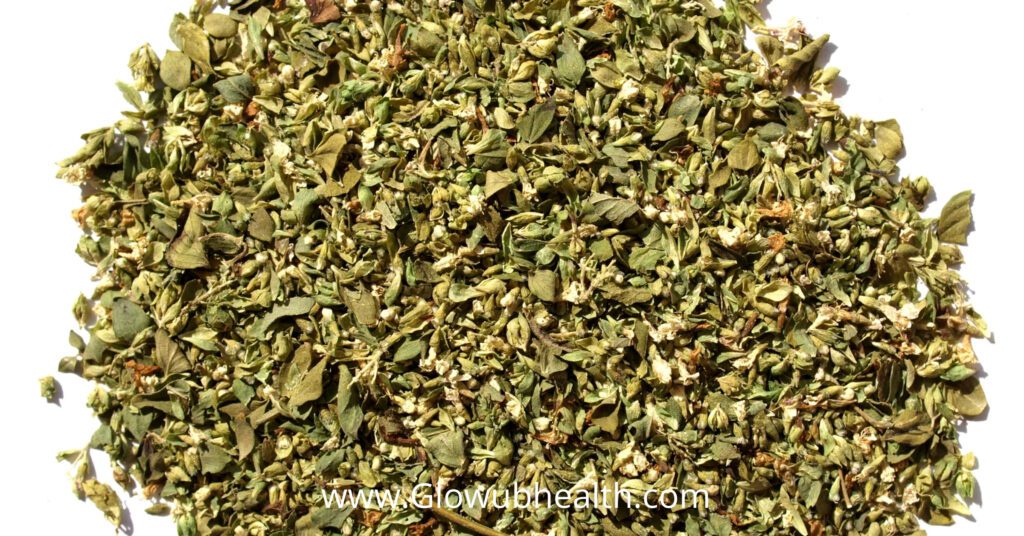
Oregano is often used as a culinary herb, but it also has potent antimicrobial properties due to its high concentration of carvacrol and thymol.
Practical Use: Use fresh or dried oregano in cooking, or consider taking oregano oil supplements for a concentrated dose.
Mechanism: These compounds exhibit antibacterial, antiviral, and antifungal effects, supporting the body’s defenses against pathogens.
Research Findings: Studies have demonstrated that oregano oil can effectively inhibit the growth of various bacteria and viruses.
9) Licorice Root
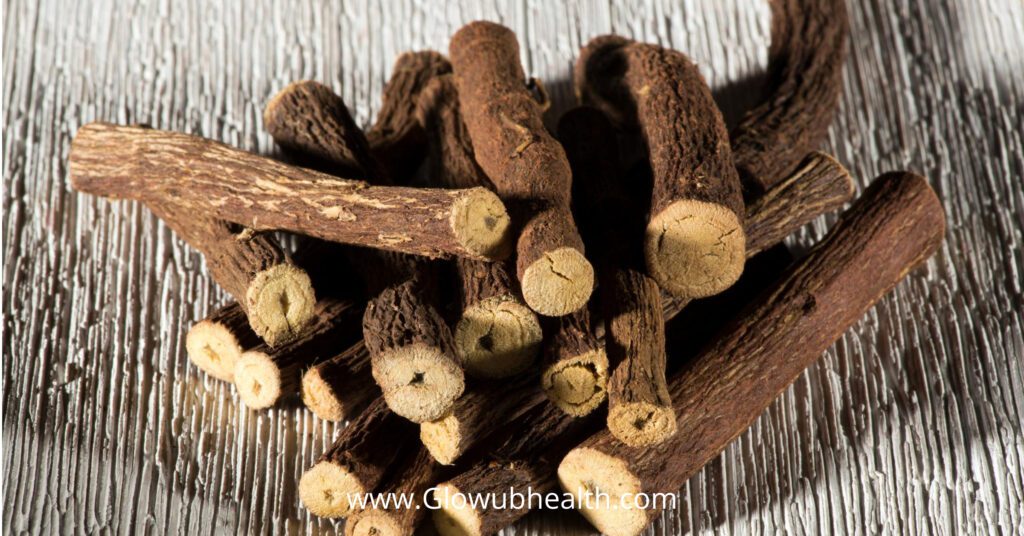
Licorice root is traditionally used for its soothing properties, but it also has immune-enhancing effects. It contains glycyrrhizin, a compound known for its ability to modulate immune responses.
Practical Use: Licorice root can be consumed as a tea or in supplement form. However, it should be used cautiously and in moderation, as excessive intake can lead to side effects.
Mechanism: Licorice root can inhibit the replication of certain viruses and has anti-inflammatory effects that support immune health.
Research Findings: A review in the Journal of Ethnopharmacology highlighted licorice’s potential to enhance immune function and reduce inflammation.
10) Peppermint
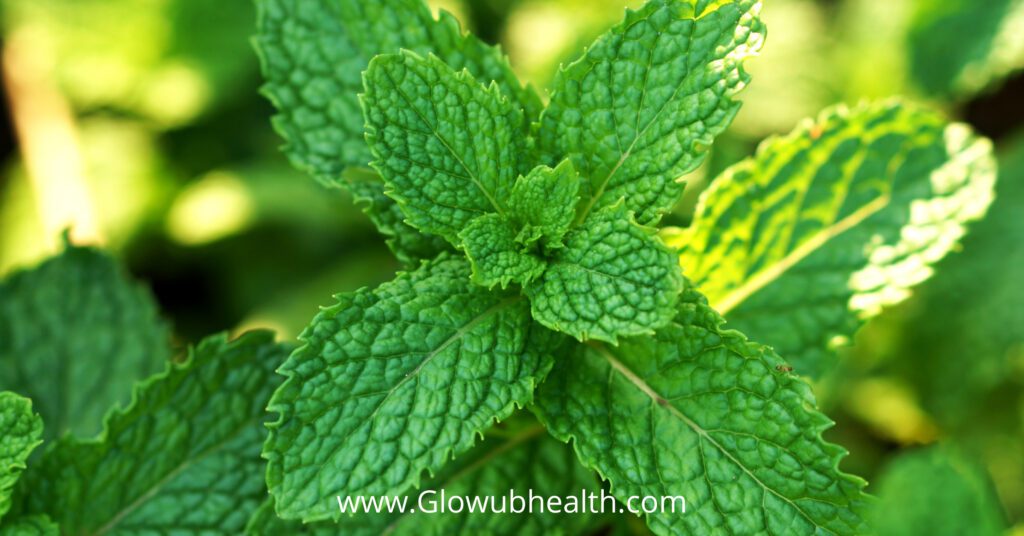
Peppermint is known for its refreshing flavor and digestive benefits, but it also possesses antimicrobial properties that can support immune health.
Practical Use: Enjoy peppermint tea, add fresh mint leaves to dishes, or use peppermint oil in a diffuser to support respiratory health.
Mechanism: Peppermint contains menthol, which has been shown to exhibit antibacterial effects and may help clear respiratory pathways.
Research Findings: Studies indicate that peppermint oil can help reduce the severity of respiratory infections and improve overall immune function.
How to Incorporate Herbal Remedies into Your Routine
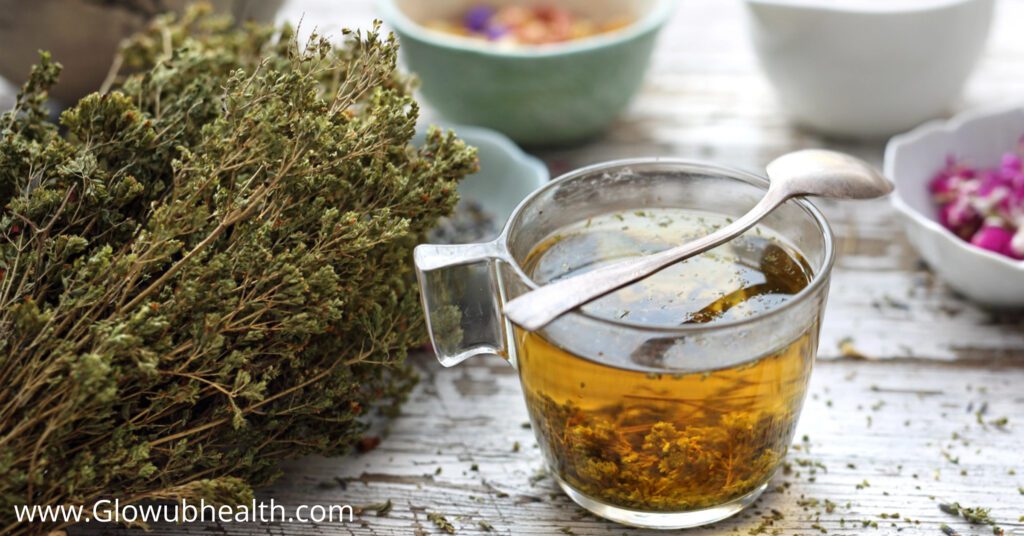
Integrating herbal remedies into your daily life can enhance your immune health while adding variety to your wellness routine. Here are some practical strategies
1) Herbal Teas
Brewing herbal teas is an excellent way to enjoy the benefits of herbs. Consider combinations that target immune health, such as ginger, turmeric, and Echinacea. Aim for 1–3 cups of herbal tea daily, depending on the specific herbs and their potency.
2) Supplements
High-quality herbal supplements can provide concentrated doses of active compounds. When selecting supplements, choose products from reputable brands that offer third-party testing for purity and potency. Always consult with a healthcare professional before starting new supplements.
3) Culinary Uses
Incorporating herbs into your cooking not only enhances flavor but also boosts nutritional value. Use garlic, ginger, turmeric, and oregano in various dishes to support your immune system while enjoying delicious meals.
4) Smoothies
Adding herbs to smoothies is a simple way to boost their nutritional content. Consider adding fresh ginger, turmeric powder, or spinach for added health benefits. Experiment with different combinations to find what you enjoy most.
5) Essential Oils
Herbal essential oils, such as peppermint and oregano, can be used in diffusers or for topical applications (when diluted). Essential oils may help support respiratory health and provide a pleasant aromatic experience.
Lifestyle Factors that Support Immune Health

In addition to incorporating herbal remedies, certain lifestyle factors can further enhance immune function. Here are some key elements to consider:
1) Balanced Nutrition
Eating a balanced diet rich in fruits, vegetables, whole grains, and lean proteins provides the nutrients necessary for optimal immune function. Focus on foods high in vitamins C and D, zinc, and antioxidants.
2) Regular Exercise
Engaging in regular physical activity helps promote good circulation, reduces inflammation, and supports overall immune health. Aim for at least 150 minutes of moderate-intensity exercise per week.
Read More: How to Start a Workout Routine: 10 Proven Ways to Build Consistency
3) Quality Sleep
Prioritize sleep, as it is crucial for immune function. Aim for 7–9 hours of quality sleep each night to allow your body to recover and rejuvenate.
4) Stress Management
Chronic stress can weaken the immune response. Incorporate stress-reduction techniques into your routine, such as mindfulness meditation, yoga, or deep-breathing exercises.
Read More: Manage Stress: 7 Effective Techniques to Reduce Daily Tension
5) Hydration
Staying hydrated is essential for overall health, including immune function. Aim to drink plenty of water throughout the day, and consider herbal infusions or teas for added hydration.
Conclusion
Incorporating herbal remedies into your daily life offers a natural and effective way to boost your immune system and maintain overall health. These remedies—ranging from Echinacea and elderberry to turmeric and garlic—have been used for centuries to strengthen the body’s defenses against illnesses.
Backed by both traditional wisdom and modern research, these herbs can enhance immune responses, reduce inflammation, and protect against oxidative stress.
However, herbal remedies are most effective when combined with other healthy lifestyle choices, such as balanced nutrition, regular exercise, quality sleep, and stress management.
By adopting a holistic approach that includes both herbal support and healthy habits, you can help your body stay resilient and prepared to face health challenges.
It’s important to remember that while herbal remedies are powerful tools, they are not a substitute for medical advice or treatment.
Always consult with a healthcare professional before incorporating new remedies, especially if you have existing health conditions or are on medication. With the right balance of natural remedies and modern healthcare, you can take charge of your immune health and enjoy a stronger, more vibrant life.
Embrace the power of nature, support your immune system, and embark on a journey toward a healthier, more resilient you.
FAQ
1. What are herbal remedies, and how do they boost the immune system?
Herbal remedies are natural plant-based treatments used to support overall health and wellness. Many herbs, such as garlic, ginger, and turmeric, contain bioactive compounds that have immune-boosting properties.
These compounds can stimulate immune cell production, reduce inflammation, and provide antioxidant protection, all of which contribute to a stronger immune response.
2. Are herbal remedies safe for everyone?
While herbal remedies are generally safe for most people, certain individuals may need to exercise caution. If you’re pregnant, nursing, taking prescription medications, or have pre-existing health conditions, it’s important to consult with a healthcare professional before starting any herbal remedies. Some herbs can interact with medications or exacerbate certain conditions.
3. How long does it take for herbal remedies to boost the immune system?
The effects of herbal remedies can vary based on the specific herb, dosage, and individual factors. Some herbs, like elderberry and Echinacea, may provide immune support within days, especially when taken at the onset of symptoms. However, for long-term immune health, it’s best to incorporate these remedies consistently over weeks or months as part of a healthy lifestyle.
4. Can herbal remedies prevent illnesses like the flu or common cold?
Herbal remedies can help reduce the severity and duration of illnesses like the flu or common cold, but they are not a guaranteed preventive measure. Herbs such as elderberry and garlic have antiviral and antimicrobial properties that may aid in preventing infections, but maintaining a strong immune system through a holistic approach (including nutrition, sleep, and stress management) is crucial for overall health.
5. How should I incorporate herbal remedies into my daily routine?
Herbal remedies can be easily integrated into your daily life through teas, tinctures, supplements, or culinary uses. For instance, drinking herbal teas like ginger or green tea, adding garlic and turmeric to your meals, or taking elderberry syrup during flu season are simple ways to use herbs for immune support. Consistency is key for long-term benefits.
6. Are there any side effects associated with herbal remedies?
While most herbal remedies are well-tolerated, some herbs can cause side effects, especially if taken in large doses or for extended periods. Common side effects may include digestive upset, allergic reactions, or interactions with medications. It’s essential to follow dosage recommendations and consult a healthcare provider if you’re unsure about the safety of a particular herb.
7. What is the best herbal remedy for boosting the immune system?
There isn’t a single “best” herb, as different herbs offer various immune-boosting benefits. However, Echinacea, elderberry, garlic, and turmeric are among the most popular and well-researched herbs for supporting immune health. The best approach is to choose a combination of herbs that align with your health needs and lifestyle.
8. Can I take multiple herbal remedies together?
Yes, many herbal remedies can be combined to enhance their effects. For example, you can drink ginger and turmeric tea, take elderberry syrup, and include garlic in your meals all in the same day. However, it’s important to avoid overconsumption and consult with a healthcare provider to ensure that the combination of herbs is safe and appropriate for you.
9. Do herbal remedies work for chronic immune issues or autoimmune diseases?
Herbal remedies can provide support for chronic immune issues, but individuals with autoimmune diseases need to be particularly cautious. Some herbs may stimulate immune activity, which could potentially worsen autoimmune conditions. It’s crucial to seek medical advice if you have an autoimmune disease before using herbal remedies for immune support.
10. Can children and the elderly use herbal remedies for immune health?
Yes, herbal remedies can be safe and effective for children and the elderly, but adjustments in dosage may be necessary. For children, smaller doses or milder herbs like chamomile or peppermint are often recommended. The elderly, especially those on medication or with health conditions, should consult a healthcare professional before using herbal remedies to avoid potential interactions or side effects.


